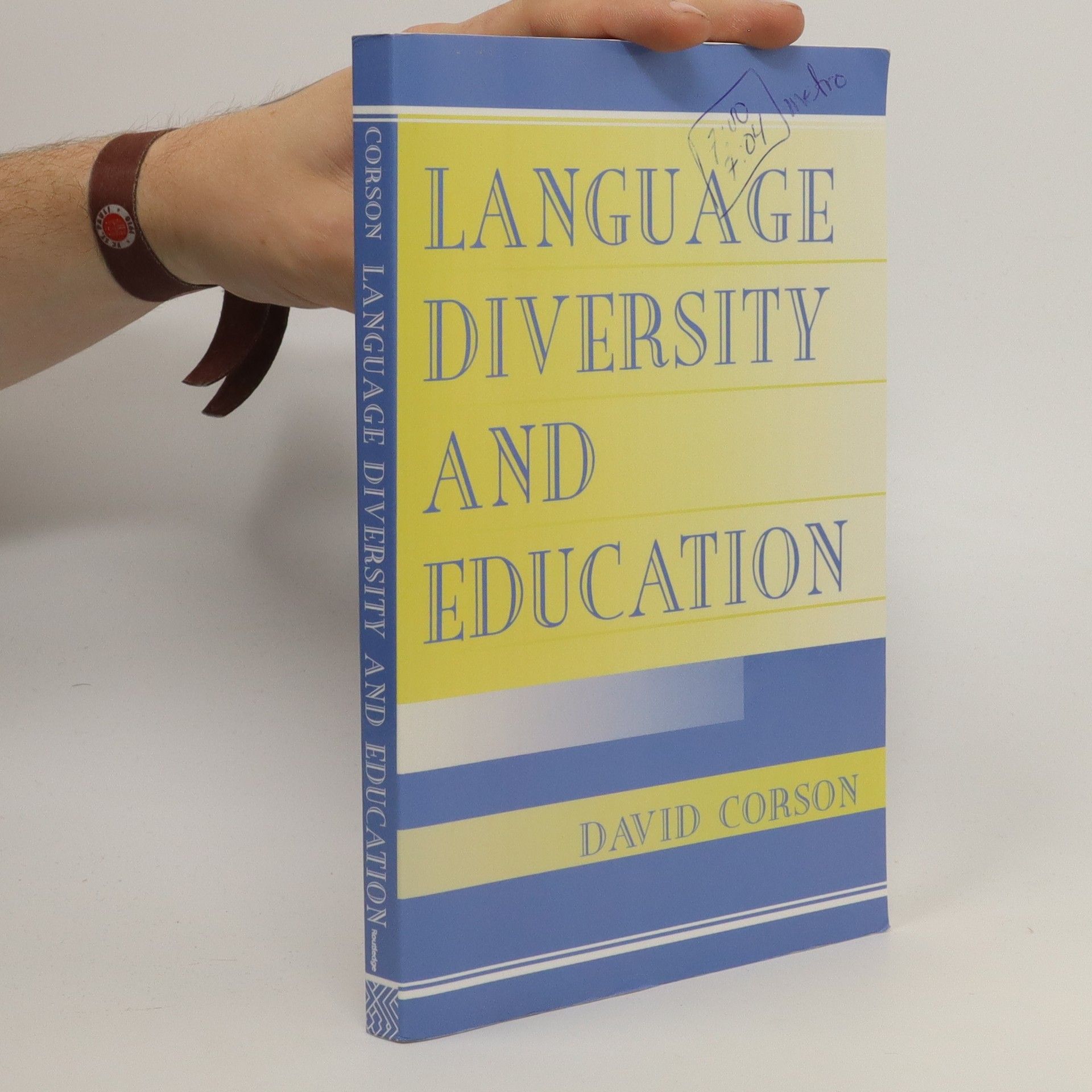Parameter
Mehr zum Buch
This introductory text for students of linguistics, language, and education offers essential background and resources for researchers studying language diversity and education. Three framing chapters provide an updated perspective on the philosophy of social research, emphasizing the critical role of language in learning processes, whether through education or social research. These chapters also explore the connections between language, power, and social justice, along with the dynamic changes in "language diversity and education" research. Four central chapters comprehensively cover key areas of language diversity impacting educational practice: standard and non-standard varieties, cultural discourse norms, bilingual and ESL education, and gendered discourse norms. The book is designed for graduate students in applied linguistics, sociolinguistics, psycholinguistics, and education, including in-service teachers pursuing advanced professional development. Special features enhance its utility as a course text: a clear, jargon-free writing style encourages careful reading; theoretical concepts are minimized and linked to practical examples; extensive references provide an up-to-date, international bibliography; and "Discussion Starter" questions at the end of each chapter promote key point reflection and informed discussion.
Buchkauf
Language diversity and education, David Corson, Inc ebrary
- Sprache
- Erscheinungsdatum
- 2001
- product-detail.submit-box.info.binding
- (Paperback)
Hier könnte deine Bewertung stehen.
